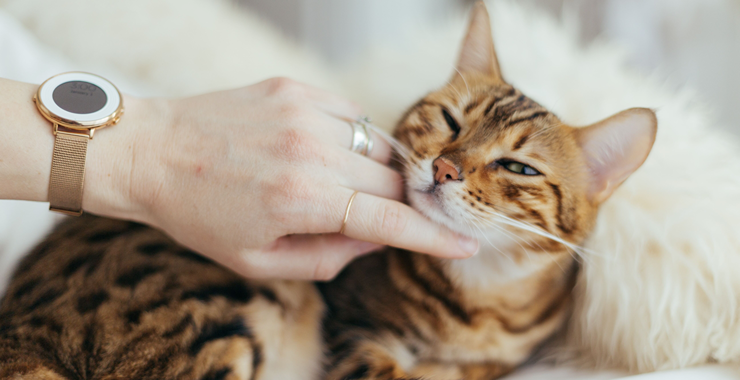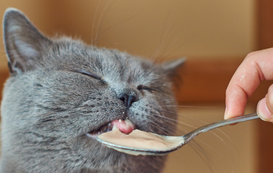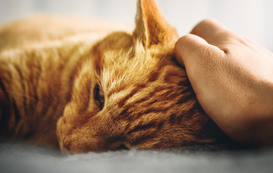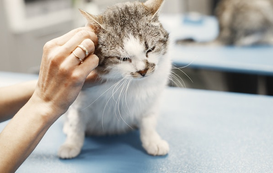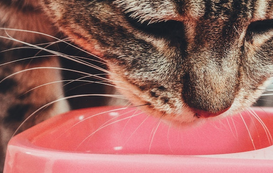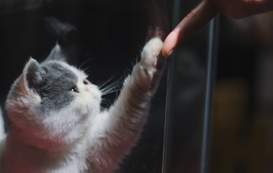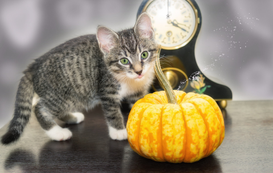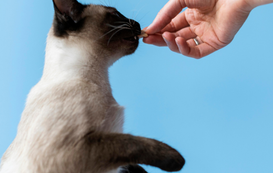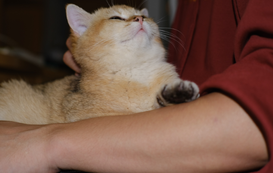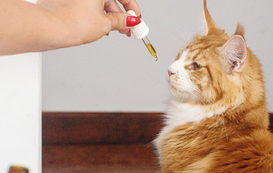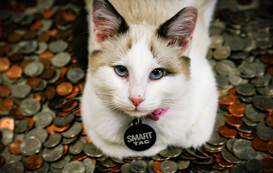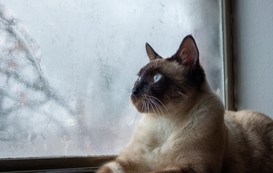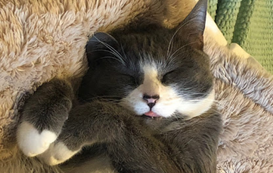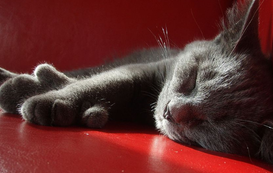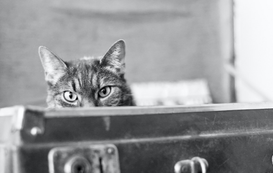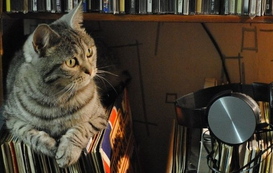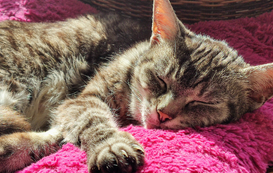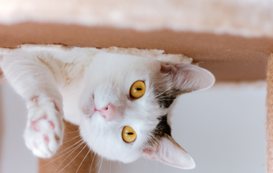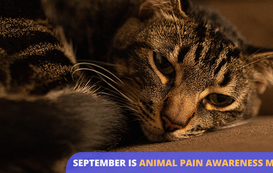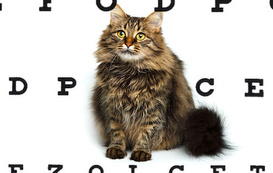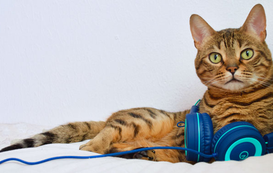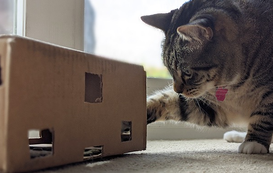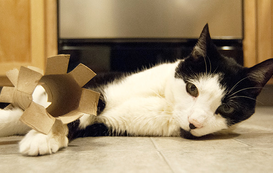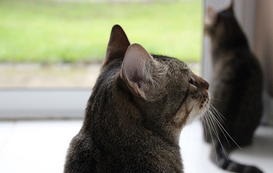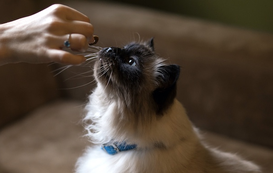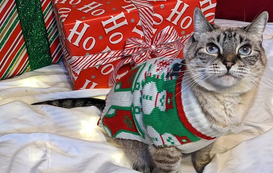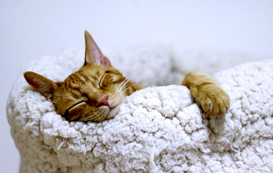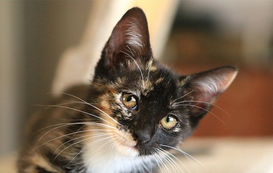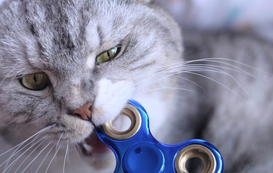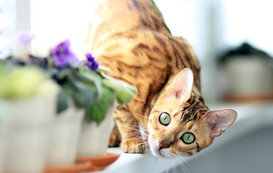Does your cat have purrfect attendance at the vet's office, or are they long overdue for a checkup? What's the right cadence to take your cat to the vet, anyway? Let's take a look at some recommendations and ways you can ease the stress often associated with these visits.
The Cat's Meow: Why Regular Vet Visits Matter
We all know cats are masters of disguise, often hiding their ailments with stealthy grace. This is why regular veterinary check-ups are essential for maintaining their overall health and detecting potential issues before they become major problems. According to the American Association of Feline Practitioners (AAFP), cats should receive a comprehensive wellness examination at least once a year, with more frequent visits for senior cats or those with specific health conditions. Remember, a healthy kitty is a happy kitty!
Determining the Purrfect Frequency
While the AAFP recommends annual check-ups, keep in mind that individual cats may require more frequent visits based on their age, breed, and existing health concerns. For example:
- Kittens: These pint-sized bundles of joy need extra attention during their first year. Their immunization schedule and development milestones warrant several vet visits, generally at 8, 12, and 16 weeks of age. Consult with your veterinarian to determine the best timeline for your fur baby.
- Adult Cats: Once your feline reaches adulthood (around 1 year old), annual check-ups are usually sufficient for routine examinations and vaccinations.
- Senior Cats: As cats age, their health needs change. Biannual visits are often recommended for cats over seven years old. Regular monitoring of weight, dental health, mobility, and potential age-related conditions can help support a smooth transition into their golden years.
Expect the Unexpected: What Happens at the Vet
Visiting the vet doesn't have to be a cat-astrophe. Familiarizing yourself with what to expect can make the experience less stressful for both you and your furry friend. During a typical vet visit, you can anticipate the following:
- Physical Examination: Your veterinarian will perform a thorough physical exam, checking your cat's body condition, coat, ears, eyes, mouth, heart, and more. Don't worry; no whiskers will be harmed during the process!
- Vaccinations: Vaccines are like superhero shields that protect your feline pals from various diseases. Depending on your cat's lifestyle and risk factors, core vaccines (e.g., rabies and distemper) may be administered, while non-core vaccines (e.g., feline leukemia) may be recommended on a case-by-case basis.
- Parasite Prevention: Fleas, ticks, and intestinal worms are villains that need to be kept at bay. Your vet may discuss preventive measures, such as topical treatments or oral medications, to safeguard your cat's well-being.
- Dental Care: Cats may not be fond of toothbrushes, but their oral health is vital. Dental examinations and cleanings may be necessary to prevent tartar buildup, gum disease, and other dental woes. Remember, a cat's smile can brighten any room!
Embracing a Pawsitive Vet Experience
Making the veterinary visit a positive experience for your cat involves a bit of finesse. Here are some tips some find helpful to make those trips to the vet more enjoyable:
- Carrier Comfort: Acclimate your cat to its carrier by leaving it open in a safe space at home. This way, it becomes a cozy den rather than a dreaded transport device.
- Pre-Visit Peace: Does your cat find comfort in being swaddled? Perhaps they have a favorite toy or treat that helps them calm down? Whatever the case may be, finding ways to help your kitty relax before the visit can help the exam go smoothly.
- Fearless Felines: Talk to your vet about Fear Free techniques, which focus on reducing stress and anxiety in pets. These techniques can make the visit less intimidating for your kitty.
Taking your cat to the vet doesn't have to be a hair-raising experience. By adhering to the recommended frequency of visits, you can help your feline companion remain healthy, happy, and full of mischief. From regular check-ups to preventive care and vaccinations, your veterinarian is your ally in maintaining your cat's well-being. So, whisk your feline friend off to the vet, armed with knowledge and a few treats, and keep those purrs going strong!
Remember, this blog post aims to provide general guidance, and it's important to consult your veterinarian for personalized advice tailored to your cat's specific needs.
Need to schedule a vet visit but also need a cat sitter? Find a cat sitter on Meowtel today!

